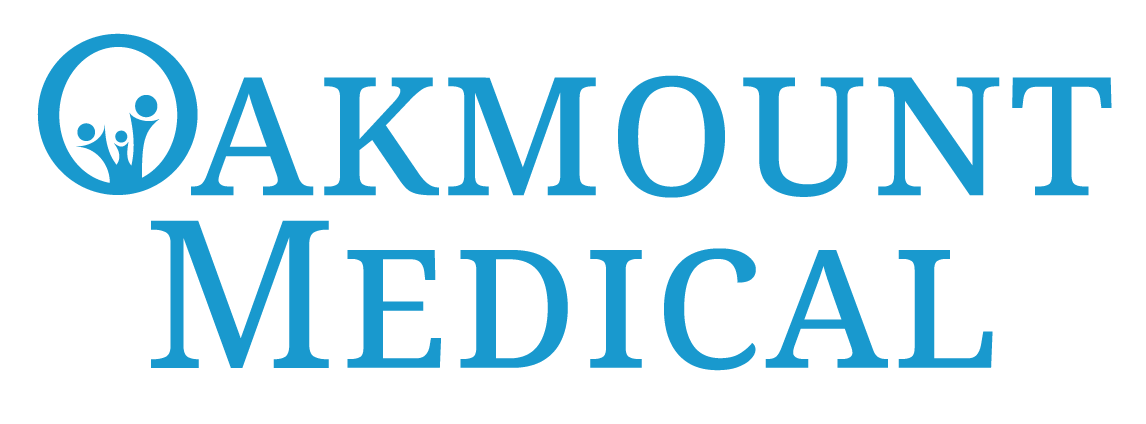irritable Bowel Syndrome (IBS)
Irritable bowel syndrome (IBS) is a chronic medical condition. Although it cannot be “cured”, dietary modification often helps significantly to reduce the frequency and severity of symptoms, e.g. abdominal pain, bloating, diarrhea, constipation. Please try the following:
- Exclusion or avoidance of of gas-producing foods such as:
- brown rice, oatmeal, whole wheat/whole grains
- celery, carrots, Brussel sprouts, cabbage, asparagus, broccoli
- beans, legumes
- onions
- bananas, apricots, prunes, raisins, pears, apples
- alcohol
- caffeine
- sorbitol (artificial sweetener)
- carbonated drinks
- chewing gum
- Lactose avoidance: This is important if you have known or suspected lactose intolerance. You can also try lactose avoidance if you have persistent abdominal bloating despite avoiding gas producing foods.
- Low FODMAP (Fermentable Oligosaccharides Disaccharides Monosaccharides And Polyols) diet: Completely eliminate the below FODMAP foods from your diet for 6-8 weeks. Gradually reintroduce each of these foods to determine which of these foods trigger your symptoms:
- wheat, barley, rye
- onion, leek, white part of green onion, garlic, shallots
- artichokes, beetroot, fennel, asparagus, sugar snap peas, mushrooms, cauliflower
- pistachio, cashews
- legumes, lentils, chickpeas
- milk, custard, ice cream, yogurt
- apples, pears, mangoes, cherries, watermelon, apricots, nectarines, peaches, plums
- honey, high fructose corn syrup (juice, pop)
- artificially sweetened chewing gum and candy, diet pop
- Psyllium fiber: In patients with constipation or diarrhea-type IBS, it may be helpful to add psyllium fiber, e.g. Metamucil, to your routine. Start with half tablespoon daily, and slowly increase to 2 tablespoons daily as tolerated. It may increase gas or bloating.
